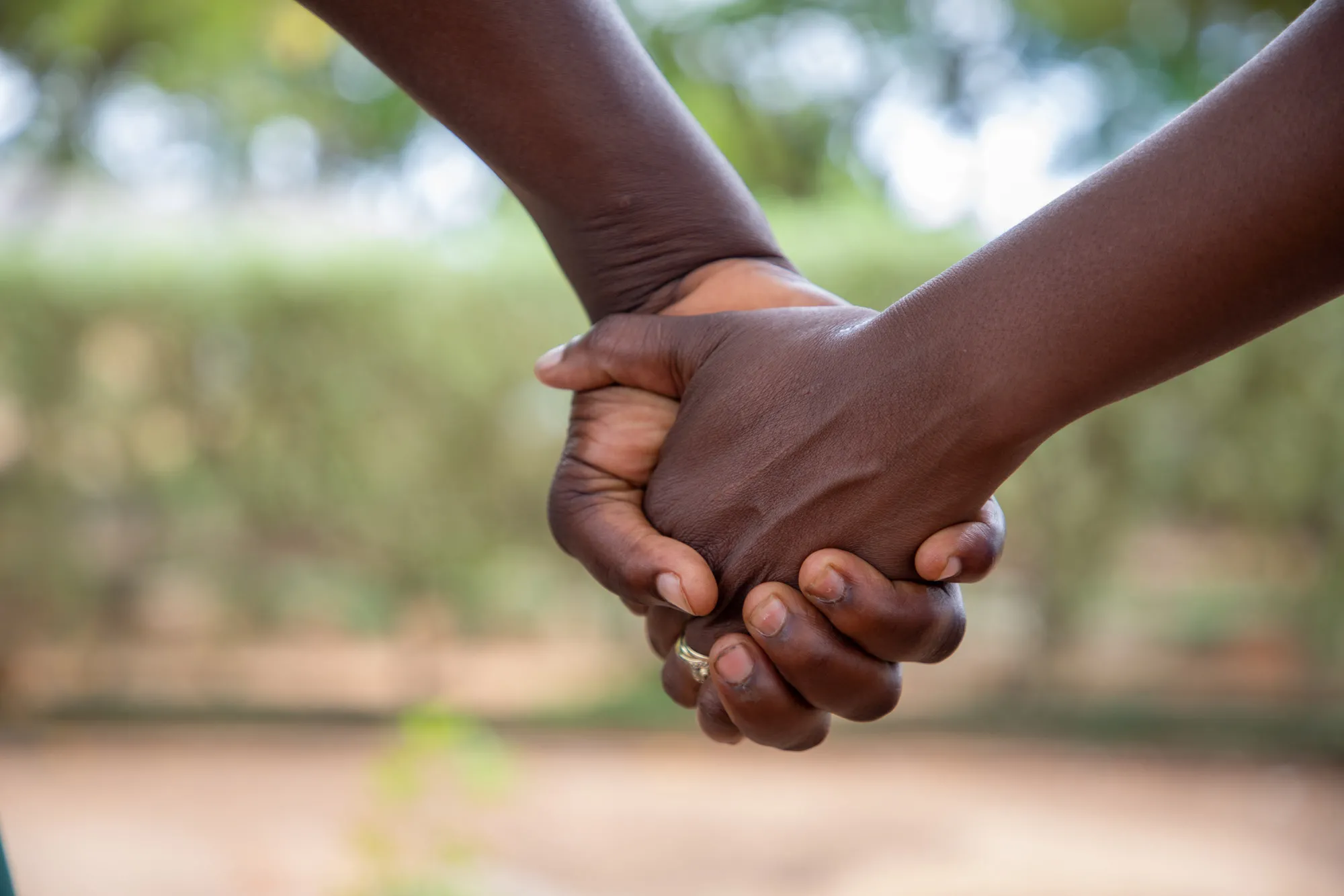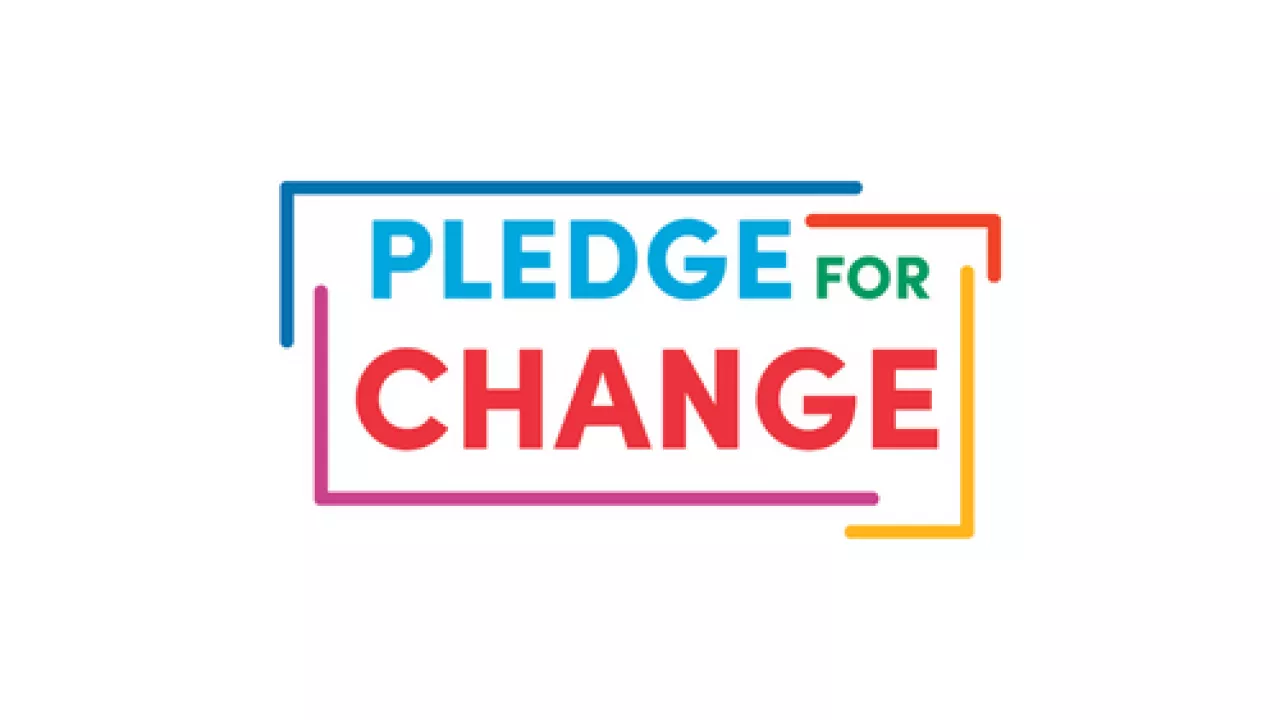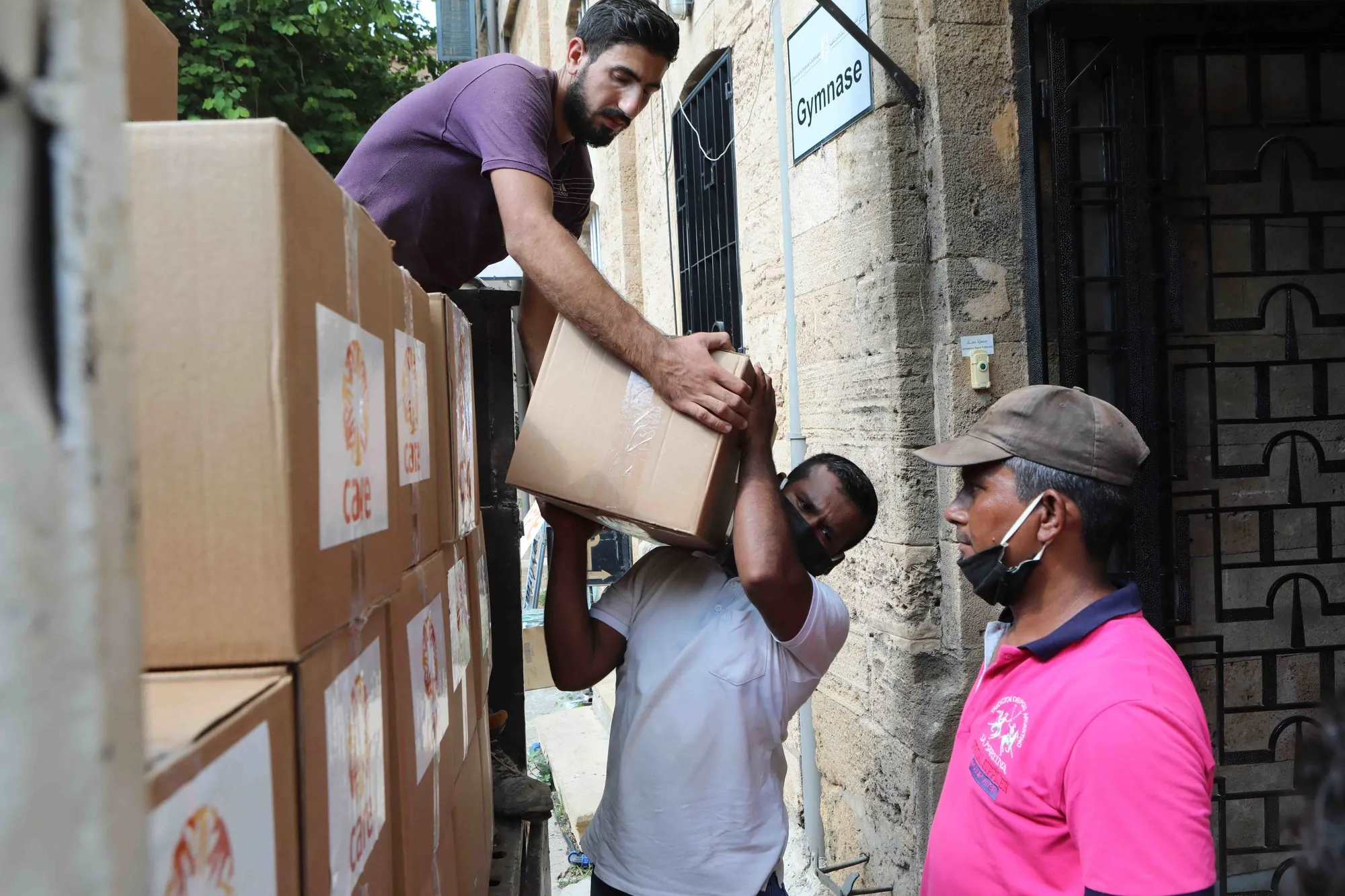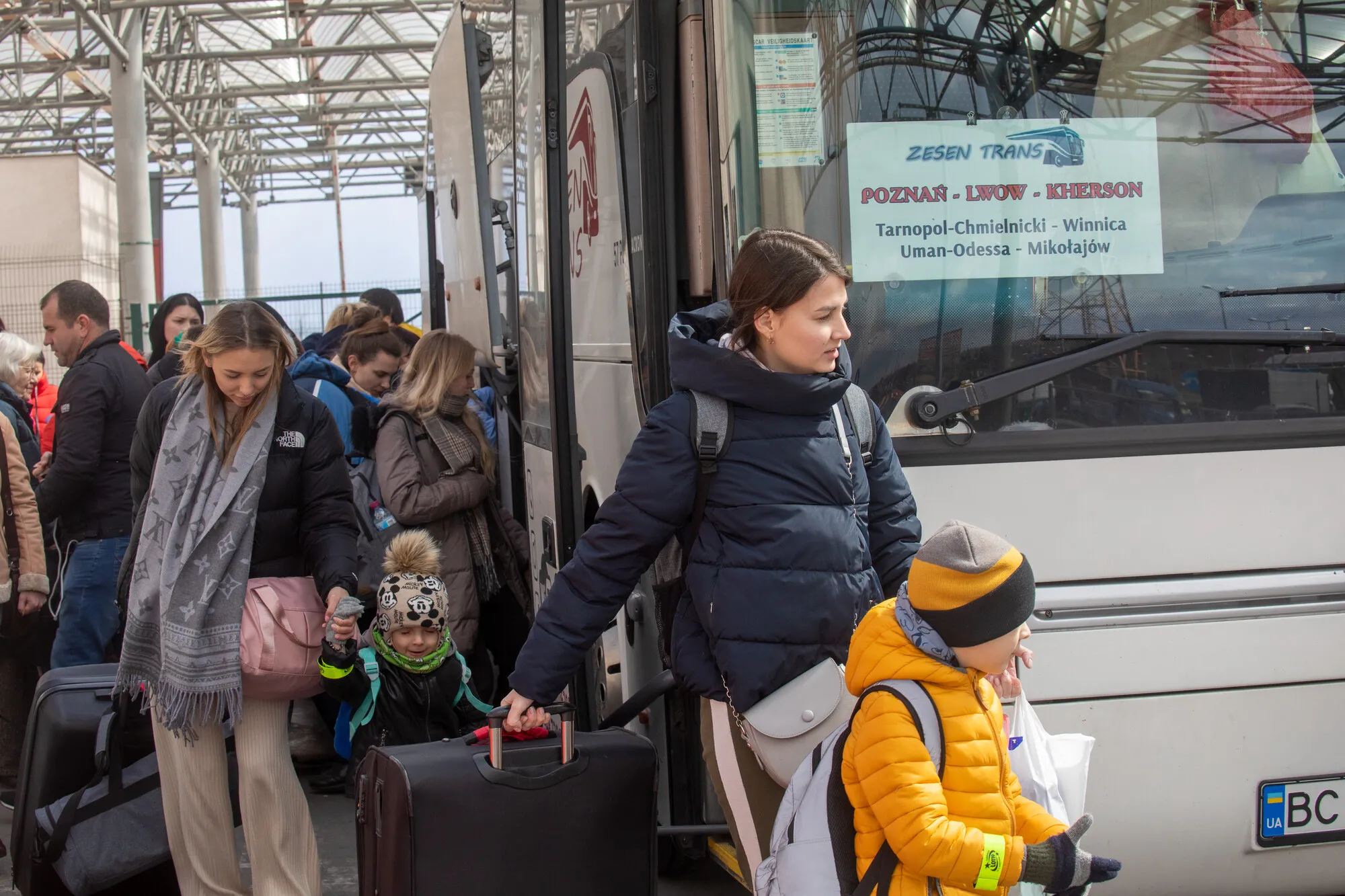CARE has made some big commitments to localization, decolonization, and anti-racism. We’ve signed the Pledge for Change to drive more decision making and resources to the places that are most affected by crisis and poverty. We believe in being locally led, and globally connected, which implies changing the way we think about partnerships.
As everyone knows, pledges are (relatively) easy to make. Having a vision for equitable partnerships is a great place to start, but the devil is always in the details. To live out our commitments, we’re going to have to make major changes at all levels of the organization. So what are we doing to get there?




